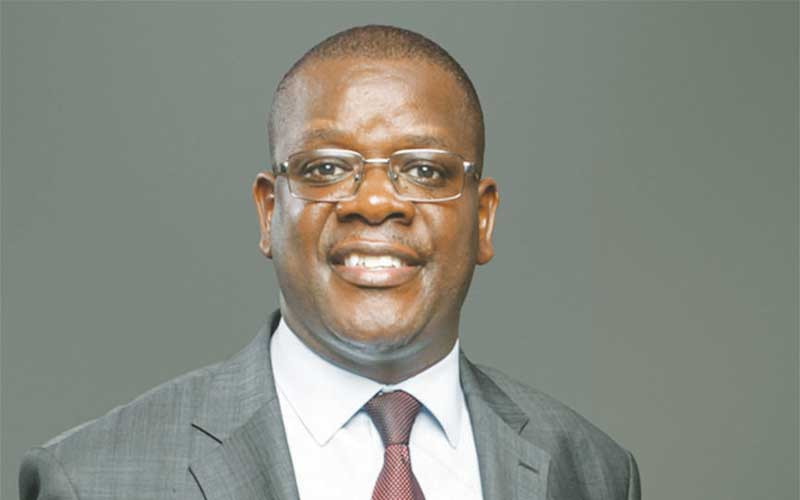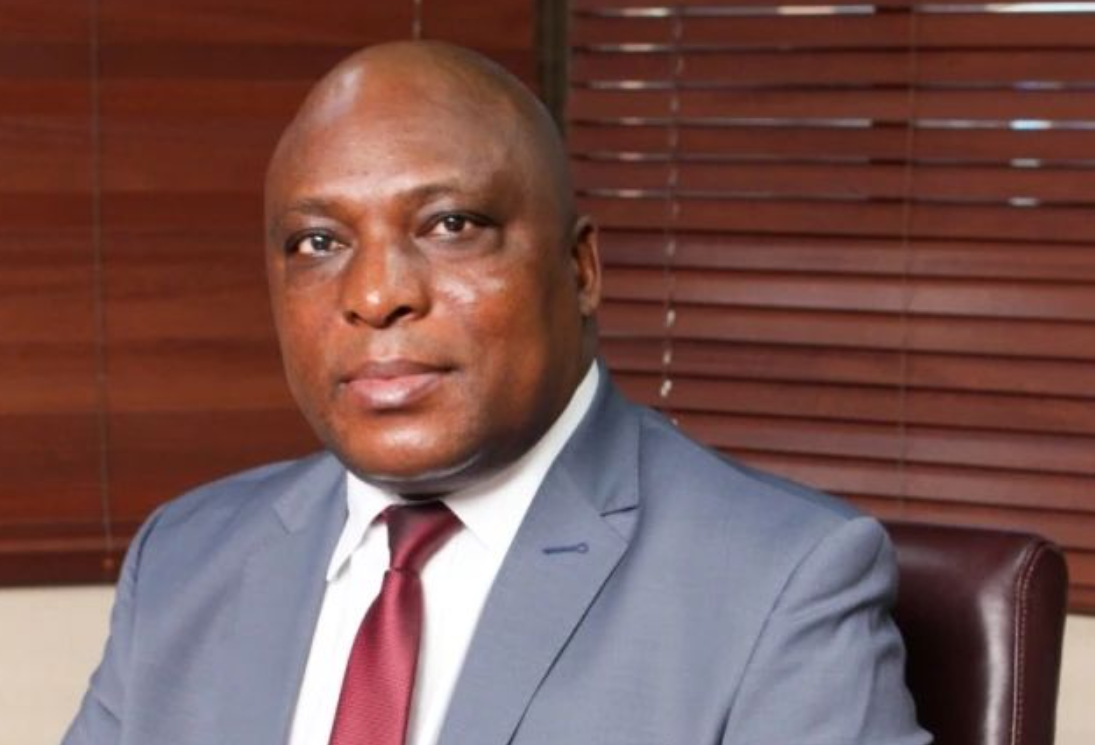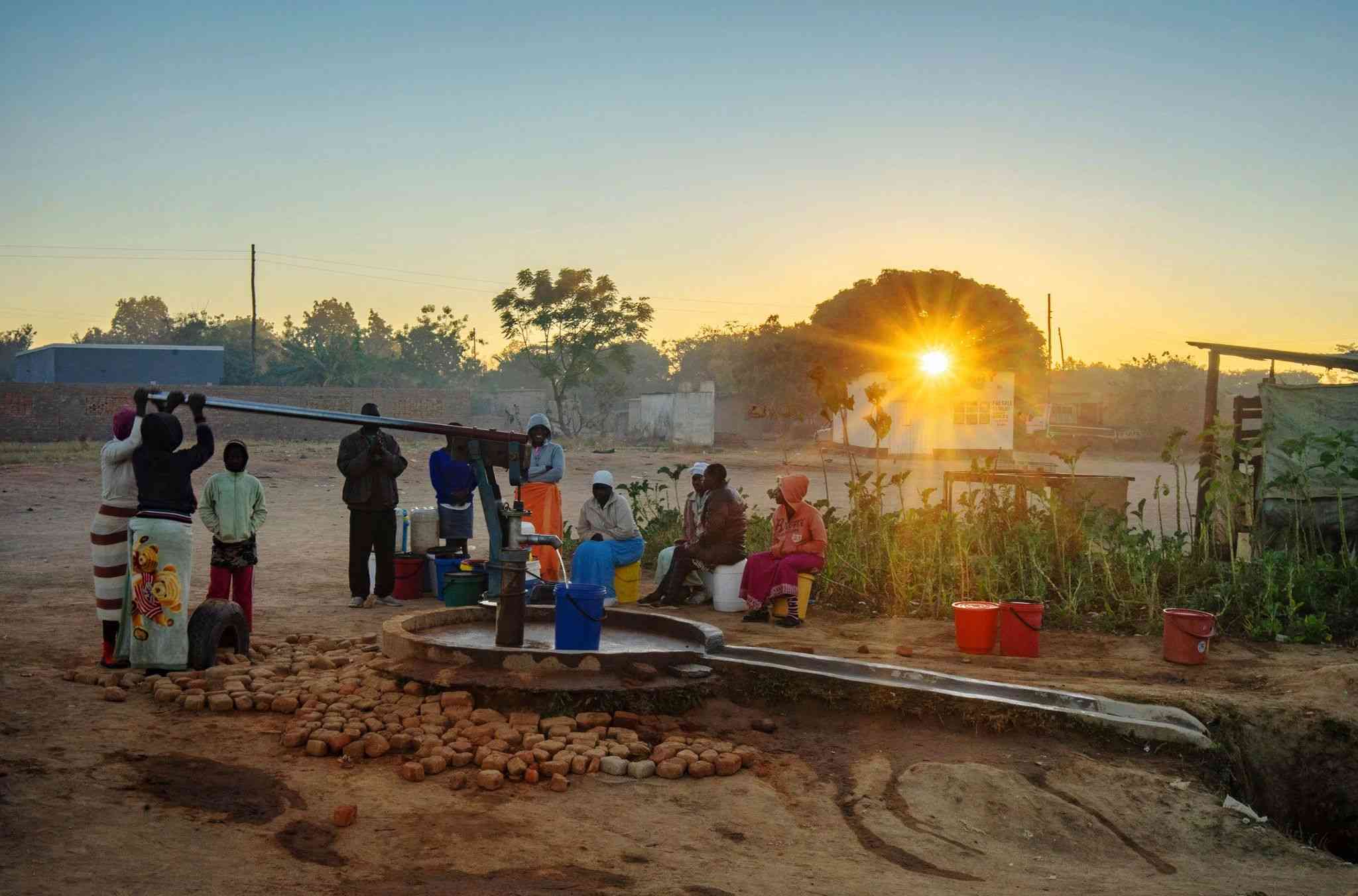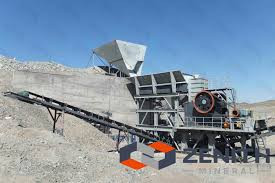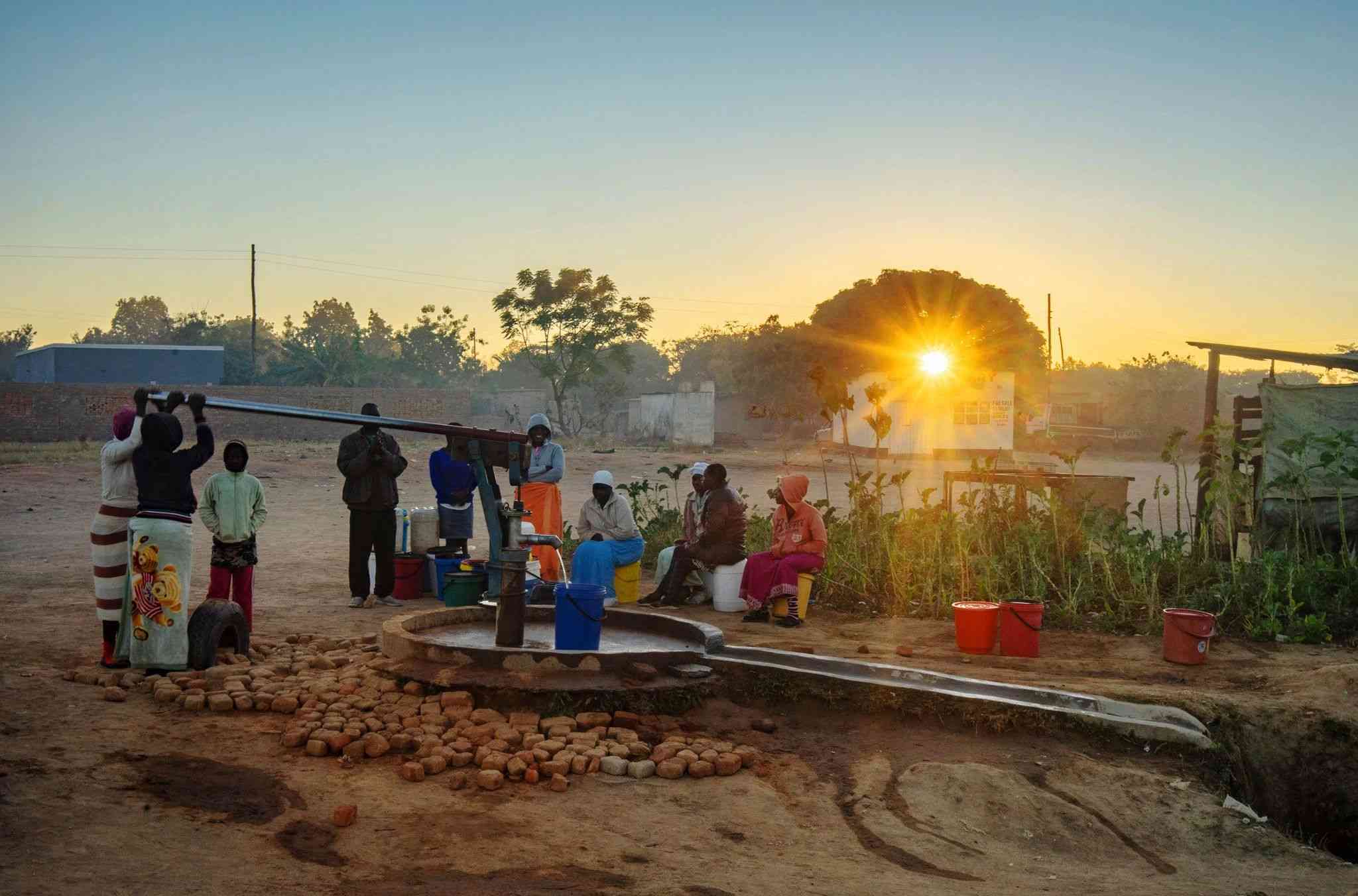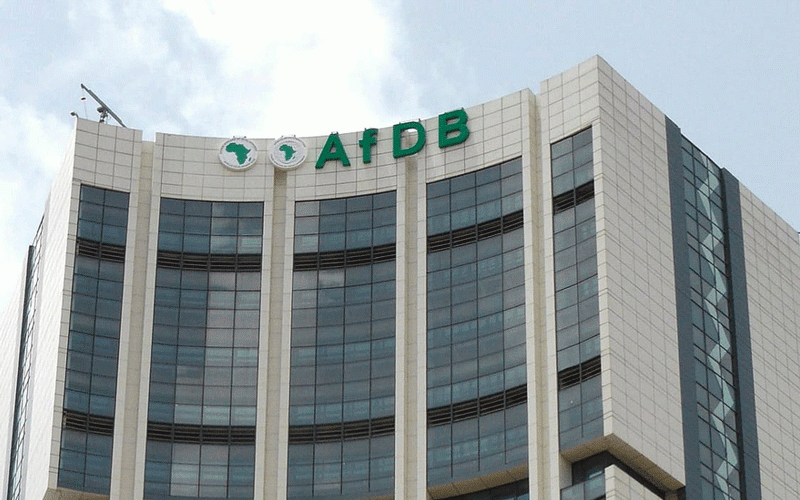
GLOBAL lenders owed billions of United States dollars by Zimbabwe are dealing with complicated scenarios, with some considering returning to bankroll projects, while others have maintained a tougher stance, impeccable sources here said this week.
At the centre of the divisions is Zimbabwe’s high debt, estimated to be around US$21 billion at the end of 2023.
Due to mounting arrears, the country has been suspended from accessing fresh loans since 1999.
According to Treasury, Zimbabwe’s total capital requirement stands at US$40 billion.
Speaking on condition of anonymity, a senior official at one of the Bretton Woods institutions told the Zimbabwe Independent on the sidelines of the African Development Bank (AfDB)’s annual meetings promoting Zimbabwe as an ideal investment destination was becoming increasingly difficult.
The official revealed that global lenders were struggling to attract cross-border investments and provide political and non-commercial risk guarantees for Zimbabwe due to unsettled debt obligations.
“We are still trying to navigate our way into Zimbabwe,” the official said.
“But at the moment we do not have a single project. The reason is that Zimbabwe is still owing a lot of institutions including us.
- Mavhunga puts DeMbare into Chibuku quarterfinals
- Bulls to charge into Zimbabwe gold stocks
- Ndiraya concerned as goals dry up
- Letters: How solar power is transforming African farms
Keep Reading
“As much as we would want to work with Zimbabwe, it is very difficult to convince other creditors to put money in Zimbabwe. It all has to do with its debt arrears. But it is not a lost cause, we will get there.”
The top official said creditors were reluctant to guarantee investments in countries perceived to be high-risk destinations.
The AfDB is currently working on a debt resolution plan for Zimbabwe.
Asked about the creditors’ perception towards the debt resolution process, the official said the process was a commendable move.
The official said creditors were pinning hopes on resolving Zimbabwe's debt crisis in the shortest possible time to unlock fresh credit and investments.
“We understand Zimbabwe has a debt resolution process underway,” the official said.
“We highly commend that. We hope it clears soon but at the moment none of the creditors want to work with Zimbabwe, in terms of the business that we do.
“We are also sceptical. But we have also been trying to engage the creditors to see potential in Zimbabwe. It is still a difficult call. We are hoping to find a way,” he added.
According to the top official, several African countries had benefited from initiatives extended by Bretton Woods entities, which offer safety nets for investment and credit enhancement.
Speaking on the sidelines of the AfDB meetings, Finance, Economic Development, and Investment Promotion minister Mthuli Ncube said the risk perception associated with Zimbabwe was normal.
The country has been making token payments to selected creditors as part of the debt resolution effort.
“The token payment creditors are not really related to the investors that we are seeing from these countries,” Ncube said.
“We are seeing investors from the US (United States), the UK (United Kingdom) and Switzerland coming in.
“We are seeing investors from everywhere, from China and so forth. So, I do not think the arrears issue is constraining investors because the investors are coming to take positions in a specific sector for specific returns.
“That has nothing to do with what government owes their governments because these are private investors so the two are not exactly linked,” he added.
Ncube, however, admitted that some investors would shy away due to the external debt.
“There are some investors who think like that. It is normal in terms of their risk perception of the country. But really, there is no direct link,” Ncube said.
“For example, if you are going to invest in a coal mine in Zimbabwe, and that coal is exported, you are earning hard US dollars, hard currency. What is your problem?
“That has nothing to do with whether the government owes anybody money or not,” he said.
The debt resolution is led by AfDB President Akinwumi Adesina and former Mozambican president Joaquim Chissano.
Adesina and Chissano, during the ongoing AfDB annual meetings that are expected to end today, underscored that significant progress had been made.

